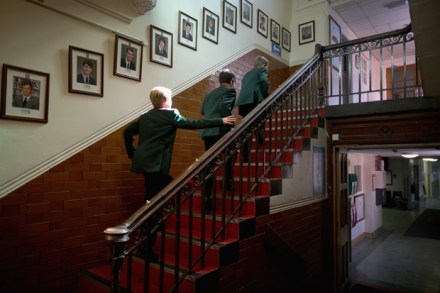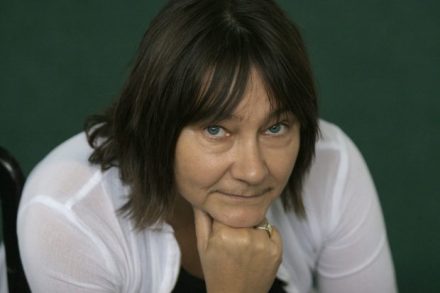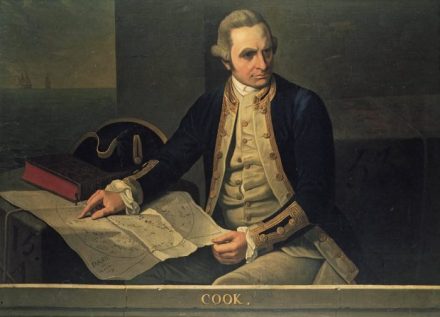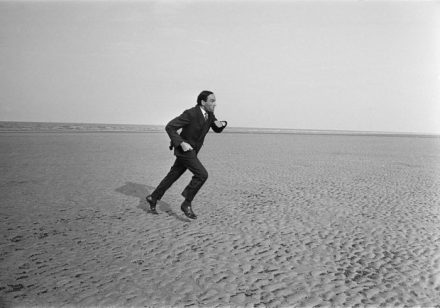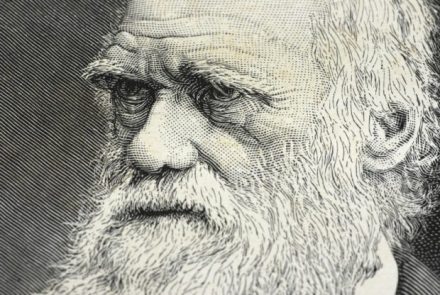Books of the year I: a choice of reading in 2023
Andrew Motion Something old made new: The Iliad in Emily Wilson’s muscular and moving new translation, the first by a woman, is truly what it claims to be – a version for our time (Norton, £30). And something new made immediate: Hannah Sullivan’s second collection of poems, Was It For This (Faber, £12.99), ambitiously extends the already considerable range of her first book, Three Poems. She’s the cleverest poet of her generation and also one of the most deep-feeling. Clare Mulley Vulnerability, strength and defiance this year, starting with Daniel Finkelstein’s Hitler, Stalin, Mum and Dad (William Collins, £25), which caught me up in its humanity as it testified to





